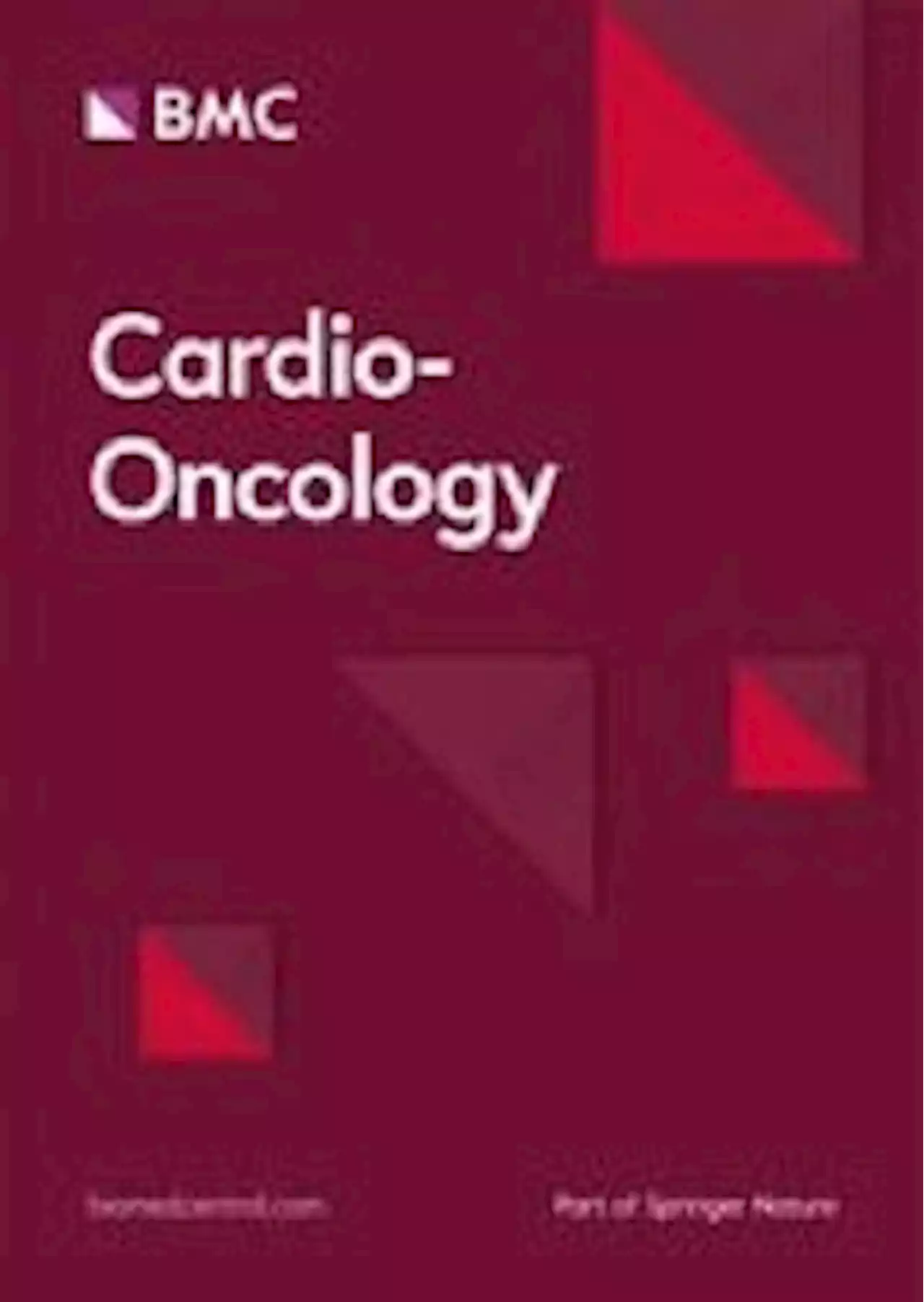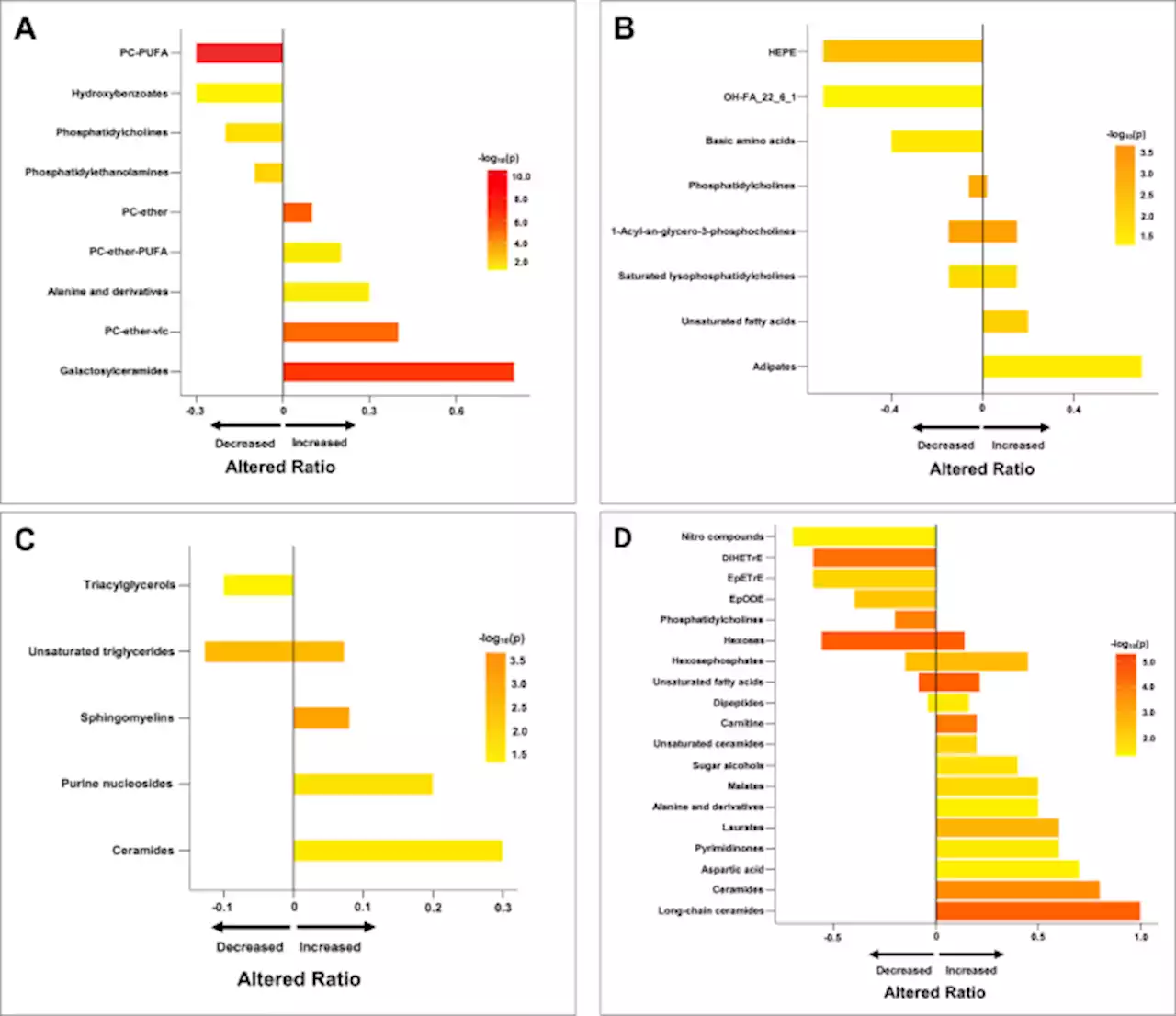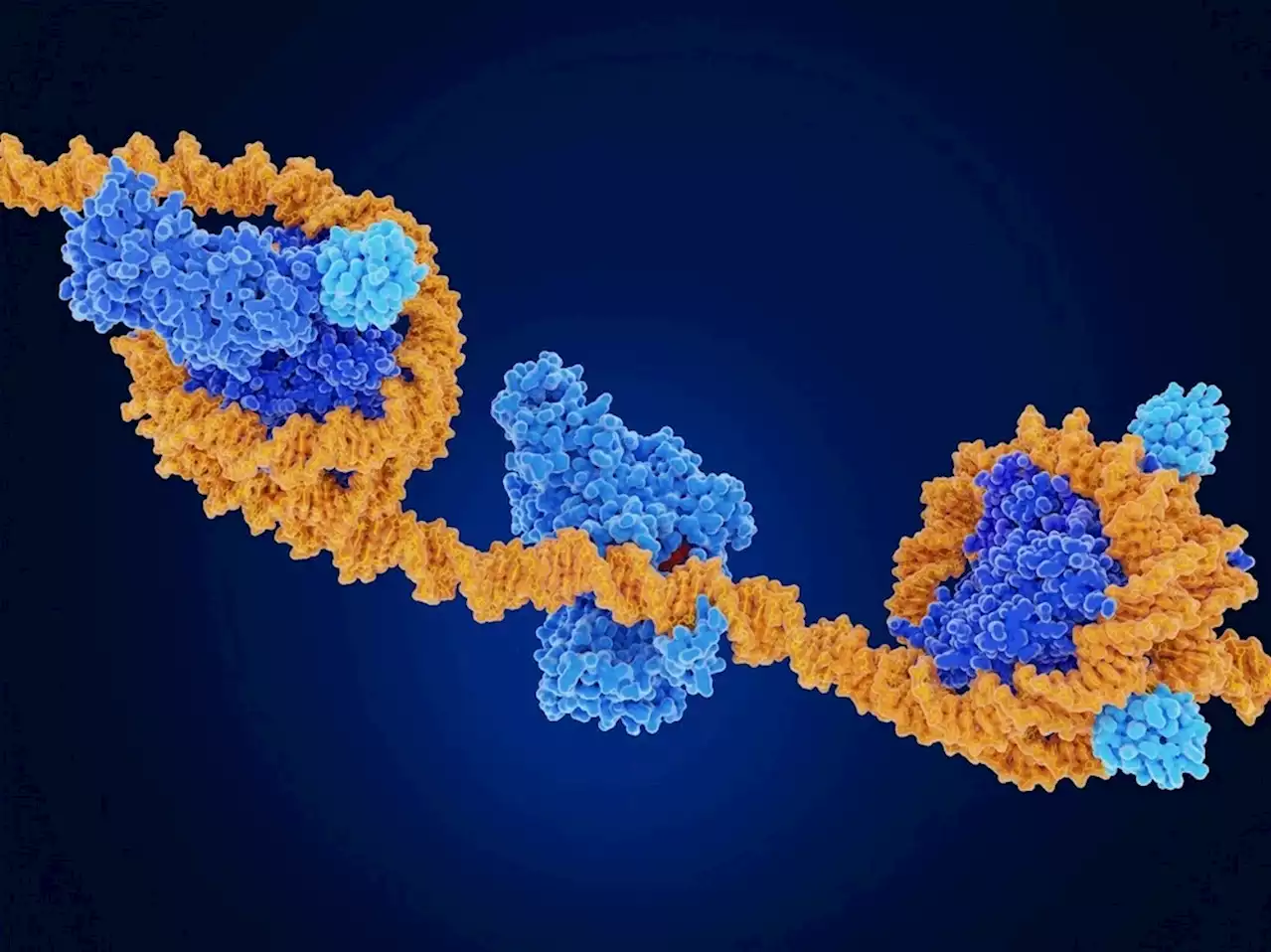Blood tests could one day be used to determine the likelihood of cancer spreading and growing in a patient's body
Blood tests could one day be used to determine the likelihood of cancer spreading and growing in a patient's body, allowing for adapted and tailored treatment.
The studies' authors, based out of the Francis Crick Institute and University College London, found ways to use these patterns to indicate what a cancer might do next. Lead researcher based at the Francis Crick Institute and Cancer Research UK’s Chief Clinician, Professor Charles Swanton, said: "TRACERx recognises that cancer is not static and the way we treat patients shouldn’t be either."
Top Health Stories Today The near decade-long project, backed by the leading cancer charity, tested genes in 421 lung cancer patients’ tumours.
Österreich Neuesten Nachrichten, Österreich Schlagzeilen
Similar News:Sie können auch ähnliche Nachrichten wie diese lesen, die wir aus anderen Nachrichtenquellen gesammelt haben.
 New blood test could cut the risk of cancer recurrence after surgery for thousands of people🩸 The test could be used to identify those people who need further treatment after surgery to remove a tumour and those who don’t, scientists say BawdenTom reports
New blood test could cut the risk of cancer recurrence after surgery for thousands of people🩸 The test could be used to identify those people who need further treatment after surgery to remove a tumour and those who don’t, scientists say BawdenTom reports
Weiterlesen »
 Efficacy and safety of catheter ablation for atrial fibrillation in patients with history of cancer - Cardio-OncologyBackground Though the incidence of atrial fibrillation (AF) is increased in patients with cancer, the effectiveness of catheter ablation (CA) for AF in patients with cancer is not well studied. Methods We conducted a retrospective cohort study of patients who underwent CA for AF. Patients with a history of cancer within 5-years prior to, or those with an exposure to anthracyclines and/or thoracic radiation at any time prior to the index ablation were compared to patients without a history of cancer who underwent AF ablation. The primary outcome was freedom from AF [with or without anti-arrhythmic drugs (AADs), or need for repeat CA at 12-months post-ablation]. Secondary endpoints included freedom from AF at 12 months post-ablation with AADs and without AADs. Safety endpoints included bleeding, pulmonary vein stenosis, stroke, and cardiac tamponade. Multivariable regression analysis was performed to identify independent risk predictors of the primary outcome. Results Among 502 patients included in the study, 251 (50%) had a history of cancer. Freedom from AF at 12 months did not differ between patients with and without cancer (83.3% vs 72.5%, p 0.28). The need for repeat ablation was also similar between groups (20.7% vs 27.5%, p 0.29). Multivariable regression analysis did not identify a history of cancer or cancer-related therapy as independent predictors of recurrent AF after ablation. There was no difference in safety endpoints between groups. Conclusion CA is a safe and effective treatment for AF in patients with a history of cancer and those with exposure to potentially cardiotoxic therapy.
Efficacy and safety of catheter ablation for atrial fibrillation in patients with history of cancer - Cardio-OncologyBackground Though the incidence of atrial fibrillation (AF) is increased in patients with cancer, the effectiveness of catheter ablation (CA) for AF in patients with cancer is not well studied. Methods We conducted a retrospective cohort study of patients who underwent CA for AF. Patients with a history of cancer within 5-years prior to, or those with an exposure to anthracyclines and/or thoracic radiation at any time prior to the index ablation were compared to patients without a history of cancer who underwent AF ablation. The primary outcome was freedom from AF [with or without anti-arrhythmic drugs (AADs), or need for repeat CA at 12-months post-ablation]. Secondary endpoints included freedom from AF at 12 months post-ablation with AADs and without AADs. Safety endpoints included bleeding, pulmonary vein stenosis, stroke, and cardiac tamponade. Multivariable regression analysis was performed to identify independent risk predictors of the primary outcome. Results Among 502 patients included in the study, 251 (50%) had a history of cancer. Freedom from AF at 12 months did not differ between patients with and without cancer (83.3% vs 72.5%, p 0.28). The need for repeat ablation was also similar between groups (20.7% vs 27.5%, p 0.29). Multivariable regression analysis did not identify a history of cancer or cancer-related therapy as independent predictors of recurrent AF after ablation. There was no difference in safety endpoints between groups. Conclusion CA is a safe and effective treatment for AF in patients with a history of cancer and those with exposure to potentially cardiotoxic therapy.
Weiterlesen »
 'Kids crying' and man 'covered in blood' in Easter weekend incident on busy streetAn emergency response was called to a fight in a busy shopping street over Easter weekend.
'Kids crying' and man 'covered in blood' in Easter weekend incident on busy streetAn emergency response was called to a fight in a busy shopping street over Easter weekend.
Weiterlesen »
Heterogeneity in Blood Pressure Response to 4 Antihypertensive DrugsThis randomized clinical trial compares 4 different classes of blood pressure–lowering drugs—lisinopril, candesartan, hydrochlorothiazide, and amlodipine—for their potential to be targeted to specific individuals to maximize blood pressure effects.
Weiterlesen »
 Metabolomic analysis of maternal mid-gestation plasma and cord blood in autism spectrum disorders - Molecular PsychiatryMolecular Psychiatry - Metabolomic analysis of maternal mid-gestation plasma and cord blood in autism spectrum disorders
Metabolomic analysis of maternal mid-gestation plasma and cord blood in autism spectrum disorders - Molecular PsychiatryMolecular Psychiatry - Metabolomic analysis of maternal mid-gestation plasma and cord blood in autism spectrum disorders
Weiterlesen »
 Understanding the Role of Epigenetics in CancerEpigenetics plays a vital role in cancer research in understanding the difference in nuclear organization, DNA methylation, and histone modification patterns between cancer cells and normal cells.
Understanding the Role of Epigenetics in CancerEpigenetics plays a vital role in cancer research in understanding the difference in nuclear organization, DNA methylation, and histone modification patterns between cancer cells and normal cells.
Weiterlesen »
